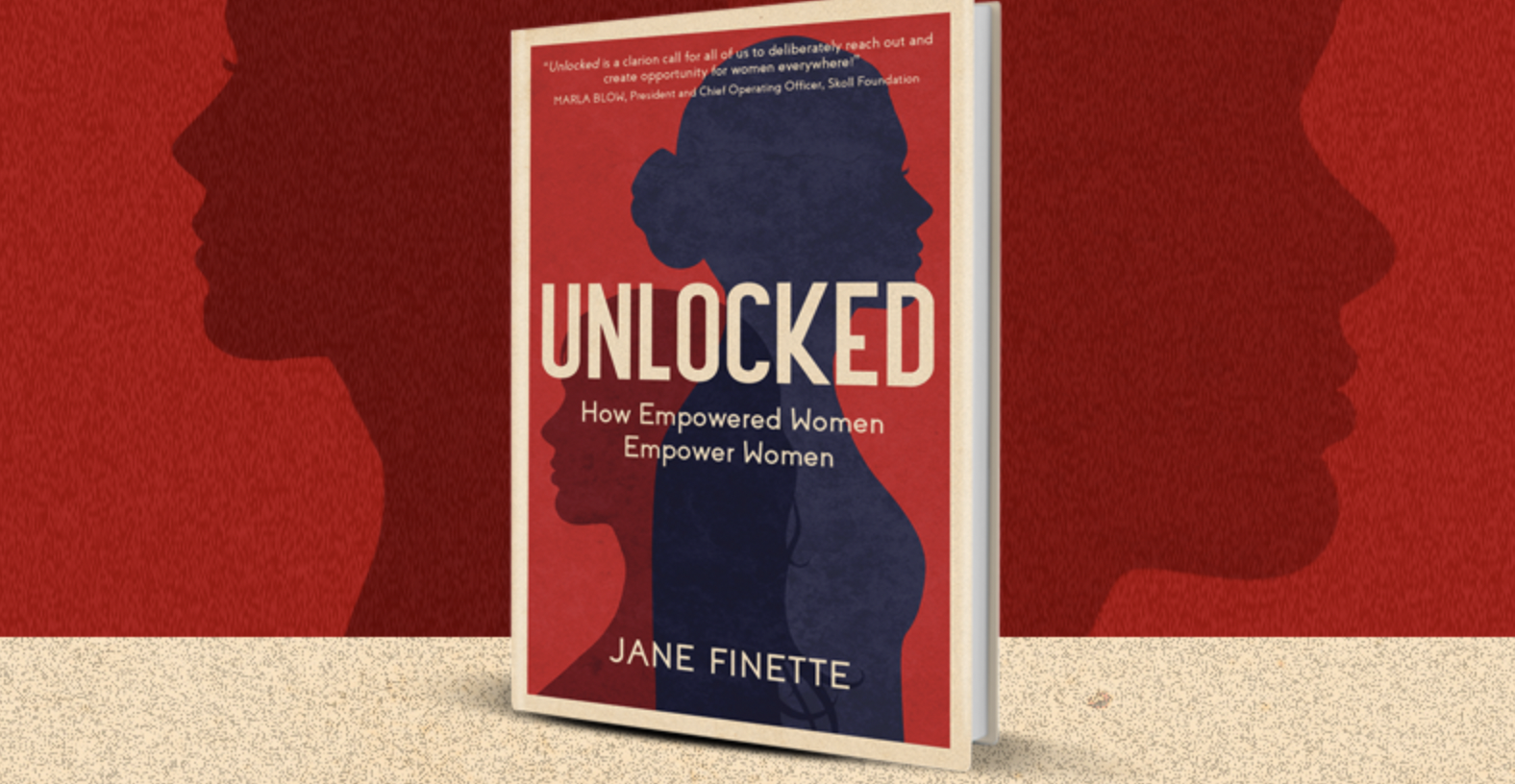I missed out on a peer forum experience when I was a global executive. Partly because I was constantly traveling the world on business trips to visit clients, attend conferences, and have meetings at our global HQ. Partly because I was unaware of peer advisory boards as an emerging category of leadership development. When I […]
Continue readingInternational Women’s Day: Interview to Kim Hibler, REF North America CEO

Under the framework of International Women’s Day, Kim Hibler, REF North America CEO, shares her thoughts about empowered women in leadership and her experience as a business leader.
1. Who inspired you to be a leader and why?
I’ve had a few inspirational women in my life and some very good men too. There are stands out however – one from my youth and one from my early senior management career at American Express. Young girls can be shaped by the experiences they have as a child. As a young girl I aspired to be a ballerina and a woman by the name of Polly Thomas taught me so much more than dance. She taught me the discipline, toughness and tenacity required of any athlete, right along with demonstrating business skills and talent for choreography and production while running a Ballet Company single handedly. She was formidable and gracious at the same time, I learned what a woman was capable of observing her. And she was also a wife, a mother, a daughter and all the other roles women have in their lifes.
Teach your daughters to observe the amazing women in their lives to see what we are all capable of.
Later in my business career I had the opportunity to work with one of the most powerful women in corporate America at the time, Anne Busquet, a petite french woman who ran one of the largest divisions of American Express in the 90’s. This was unusual as payments was a man’s world then. Anne was a pioneer for women in the payments industry. Some said she chewed bullets instead of Cheerios for breakfast, what I saw was passion and a woman who was concise. confident and deliberate in her communications and the actions she took as a leader. She didn’t suffer other women being political with each other on her team. And, she was also a wife, a mother, a daughter and all the other roles women have in their lives.
2. Tell us what has been the most challenging thing as a woman during your journey in a leadership position?
For me it has definitely been managing the margins in my life and managing childcare solutions – and even into this decade this is an issue! Finding good child care, the cost of good child care and being available to your children as you raise them with other caretakers can be very challenging for women in all stages of their careers. Oddly enough, I’ve been blessed with raising three generations of children, my step-children (now in their 40’s), my own child (deceased, at age 28) and now my twin grandsons (now age 8), who I have raised since birth.
As women we often have to continuously keep perspective and weigh what is important at all times as there are so many different developmental stages of our families and our careers. I think more women would stay in corporate careers after having children if parental leave policies enabled both parents to share childcare more equally, and men were more willing to step into this shared role.
Personally, I overcompensated at home and at work trying to be everything to everybody early in my career. It was very tough to compete with men who didn’t have this responsibility – but I now realize, I’m the one who thought this was necessary. I don’t think that way anymore. Today women know what they want – and they will quit the corporate world and go entrepreneurial if the environment doesn’t suit them. This is why we have to get smarter about keeping women in the workforce to build better companies.
I have learned as I’ve matured, that it is important to have boundaries, and to assert them to maintain the balance in my life that is important to me. No one ever laid on their deathbed and said – I wish I’d given more time at work. I don’t prescribe to the old saying that women have to work twice as hard as men and be twice as good. This is something we can manage ourselves when we understand the value we bring to the table.
The maddening fact is that according to a recent McKinsey study, since the Pandemic, women are disproportionately affected by burnout, stress and exhaustion compared to their male counterparts, proving that remote work has only exacerbated the previous gender inequities at home. We have to make it more appealing for women to stay in the workforce if we want the benefits that women bring in our organizations.
3. What are the benefits to having women in leadership?
Women offer diverse perspectives, we improve Collective Intelligence. We think differently and operate differently and are very creative problem solvers.
The better the balance between men and women on a team, the higher functioning the team will be and the more profitable the company will be. Who wouldn’t want a better bottom line? According to The World Economic Forum, gender bias can lead to productivity losses of millions of dollars a year.
My advice to women in leadership is to mentor more junior men as well as other women. Why? Because this teaches men to generate more empathy, and more co-operation.
4. How can women navigate power structures?
Gender inequities exist in the workforce. Navigation requires creative thinking and solutions and sometimes an environment of confidence and trust – to figure out those solutions. These issues are best solved by men and women working together to create the solutions. Personally, I can think of no better place for women leaders to take their issues on how to improve gender inequities in the workforce than a mixed gender Peer Group. Here, women may find more men than women, but I don’t think this is a negative because a well run Peer Group nurtures trust, transparency and collective intelligence found in no other business environment. I was introduced to REF as a CEO many years ago. The single smartest move I ever made, in my entire career was joining that group with 8 other CEO’s all men and only one other female CEO. These people became my trusted advisors for years. We solved every problem under the sun together – what a great place to tackle gender equity for the female leaders in your organizations.
5. How can women support other women in their organizations?
As I mentioned before, I highly recommend that women mentor both men and women in their organizations to better support women. And we women need to have each other’s backs! I tell my twin boys this all the time – have each other’s backs – this can make all the difference in the world! Be kind and be courageous. Be confident and know that when you make mistakes – you are learning and growing just as much as when you succeed – so don’t be afraid to put yourself out there. Encourage every woman you know to join a peer group.
6. What advice would you give to the next generation of female leaders?
The truth is, we thought it might be another 10 years before women achieved gender equality, it felt like we were getting closer, but that was prior to the pandemic. Now, Analysts at the IBM IBV calculate that, given the current rate of change, C-suite roles may not reach gender parity for another 32 years. This is all the more reason women have to play the game smarter not harder to find their way to leadership and making companies stronger all the while.
I recommend you work on being strategic and visionary, keep your communications open and transparent, and be bold, courageous and assertive. And – get yourself in a REF peer group where you will not only get great advice on your business, you will get a step up in your personal and professional life as well. In all my years of corporate grooming and training, they never scratched the surface of what I’ve learned during the years with my CEO peers.



















